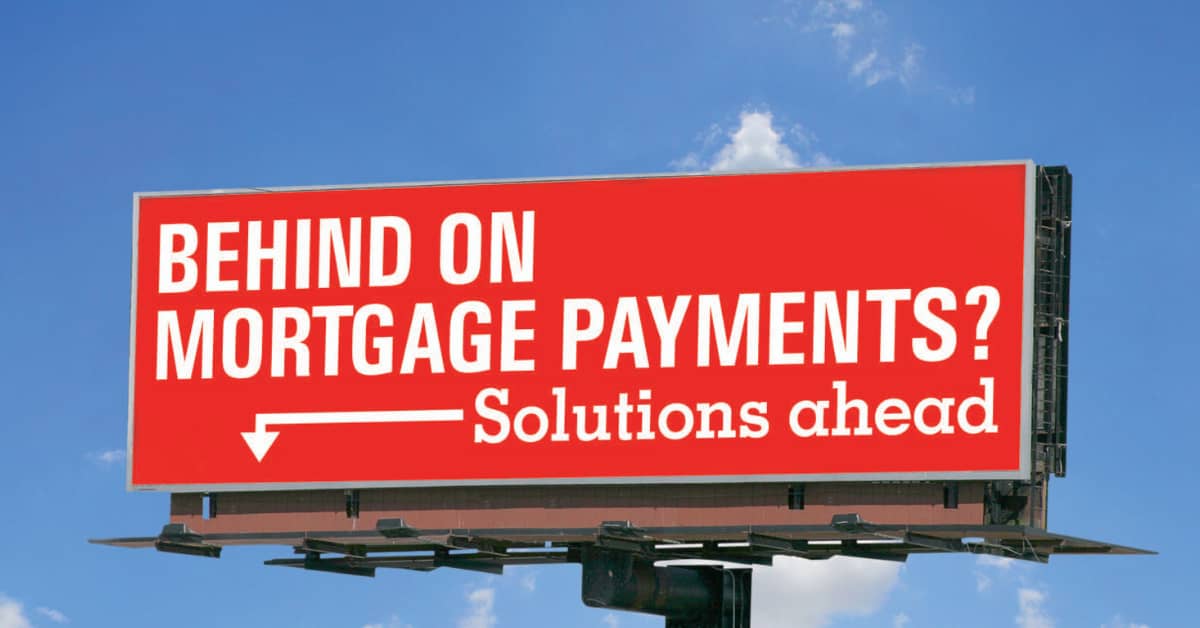Navigating the intricate landscape of real estate transactions, particularly short sales, involves various costs and fees that impact both homeowners and buyers. Among these expenses, the short sale negotiation fee is a topic of interest and importance. As a seasoned realtor familiar with Florida’s real estate market, I’m here to provide insights into the average short sale negotiation fee in Florida, shedding light on its factors, considerations, and implications.
Understanding the Short Sale Negotiation Fee
The short sale negotiation fee is a cost associated with the process of negotiating and facilitating a short sale transaction between a distressed homeowner, their lender, and potential buyers. This fee is typically paid to a real estate agent or a third-party negotiation company that specializes in managing the negotiation process on behalf of the homeowner. The negotiation fee covers various aspects, including communication with the lender, submission of the necessary documentation, and the art of negotiation to secure the lender’s approval for the short sale.
Factors Influencing the Short Sale Negotiation Fee
The short sale negotiation fee can vary based on several factors:
1. Property Value and Complexity
The value of the property involved in the short sale plays a role in determining the negotiation fee. Properties with higher market values and more complex transaction requirements may entail additional negotiation efforts, affecting the fee.
2. Realtor’s Experience and Expertise
The experience and expertise of the realtor or negotiation company handling the short sale impact the negotiation fee. Seasoned professionals who have successfully navigated numerous short-sale transactions may command higher fees due to their specialized knowledge.
3. Local Real Estate Market
The real estate market in Florida, like any other state, can influence negotiation fees. In areas with high demand, limited inventory, or specific market conditions, negotiation companies may adjust their fees accordingly.
4. Negotiation Company’s Fees
If a third-party negotiation company is involved, their fee structure can vary. Some negotiation companies charge a flat fee, while others charge a percentage of the final sale price or a combination of both.
Understanding Florida’s Real Estate Market
Florida’s real estate market is diverse and dynamic, with varying trends and conditions in different regions of the state. Factors such as location, property type, and local economic factors can influence the average short sale negotiation fee in Florida.
1. Urban vs. Suburban Areas
In urban areas like Miami, Orlando, and Tampa, where demand for real estate can be high, negotiation fees may be more competitive due to the presence of a larger pool of real estate professionals and negotiation companies.
2. Economic Landscape
Local economic conditions play a role in determining negotiation fees. In areas with strong economic growth and robust real estate markets, negotiation fees may be slightly higher due to increased demand for professional services.
3. Demand for Short Sales
Areas with a higher prevalence of short sale transactions may have more negotiation companies offering their services. This competition could influence average negotiation fees in those regions.
Navigating Short Sale Negotiation Fees
As a realtor, my role in the short sale negotiation process includes:
1. Educating Homeowners
I educate distressed homeowners about the various costs associated with a short sale, including negotiation fees. I ensure homeowners have a clear understanding of the services provided in exchange for the negotiation fee.
2. Conducting Market Analysis
I perform a market analysis to assess the property’s value and determine a realistic sale price. This analysis helps homeowners make informed decisions about the negotiation fee and the potential outcome of the short sale.
3. Recommending Negotiation Professionals
Based on my knowledge of the local market and negotiation companies, I recommend reputable professionals who can assist homeowners in navigating the negotiation process.
4. Negotiation Strategy
In collaboration with negotiation professionals, I develop a negotiation strategy that aligns with the homeowner’s goals and the lender’s requirements. This strategy aims to secure lender approval while minimizing the financial impact on the homeowner.
Conclusion

The average short sale negotiation fee in Florida can vary based on a multitude of factors, including property value, market conditions, and the negotiation company’s expertise. As an Orlando Realtor, my priority is to guide distressed homeowners through the intricate process of short sale negotiations, ensuring they have a clear understanding of the associated costs and benefits. By leveraging my knowledge of Florida’s real estate market and collaborating with reputable negotiation professionals, I aim to help homeowners navigate the complexities of short sales while making informed decisions that align with their financial goals.


